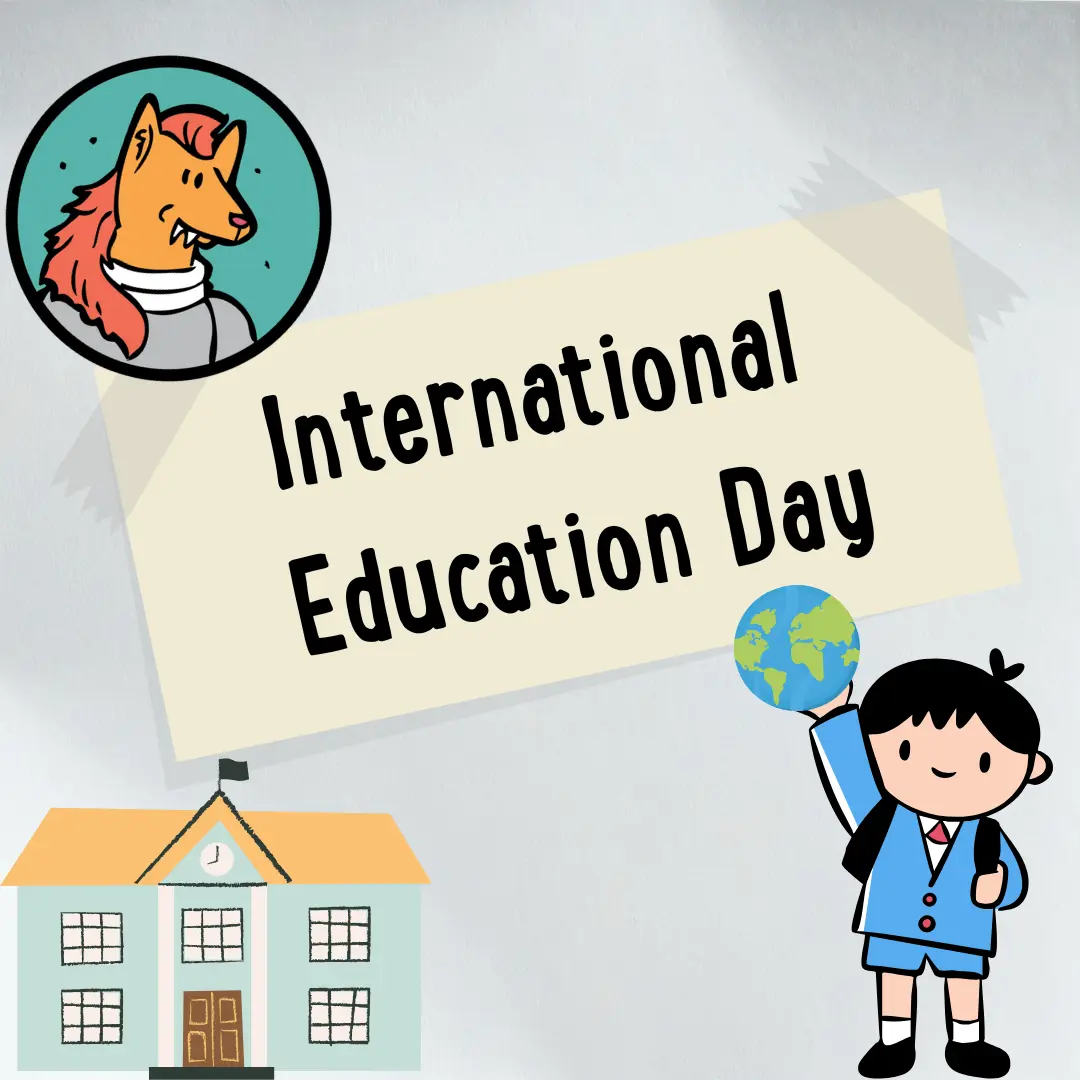Behaviour code for children and young people
This code of behaviour is there to make sure everyone who takes part in The Code Zone’s activities knows what is expected of them and feels safe, respected and valued. The Code Zone must make sure that everyone taking part in our activities has seen, understood and agreed to follow the code of behaviour, and that they understand what will happen if there is inappropriate behaviour. We expect people who take part in our services to display appropriate behaviour at all times. This includes behaviour that takes place outside our organisation and behaviour that takes place online.
This code of behaviour aims to:
- • identify acceptable and unacceptable behaviour
- • encourage cooperation, honesty, fairness and respect
- • create an environment where your self-esteem, self-respect and self-confidence will grow
- • encourage you to recognise and respect the rights of others
- • encourage you to take responsibility for your own behaviour
- • help resolve conflicts and make it clear what will happen if you decide not to follow the code.
Dos and don’ts for children and young people
You should...
- • be supportive and kind to others
- • be friendly
- • listen to others
- • be helpful
- • have good manners
- • be dressed appropriately (top/bottom half covered)
you can opt, and we may suggest, to turn your video off if you aren't dressed appropriately - • treat everyone with respect
- • take responsibility for your own behaviour
- • talk to your mentor about anything that worries or concerns you
- • follow this code of behaviour and other rules (including the law)
- • join in and have fun!
You shouldn’t...
- • be disrespectful to anyone else
- • interrupt other people when talking
- • bully other people (online or offline)
- • behave in a way that could be intimidating
- • be abusive towards anyone
- • be worried if you get stuck, ask your mentor!
- • share your personal information online
such as your address, phone number, school. If you are asked to share this information online, make sure you let an adult know immediately - • take photos, screenshots or recordings of any video sessions
What happens if I do not to follow the code of behaviour?
This code of behaviour is part of our process for making sure everyone who takes part in our activities gets the support they need.
Minor or first-time incident
If you behave in a way that doesn’t follow our behaviour code, our staff or volunteers will remind you about it and ask you to change your behaviour. This gives you the chance to think and to plan how you could behave differently, with support from staff and/or volunteers.
Formal warning
If you continue not to follow the code of behaviour after your first reminder, or if your behaviour is more serious, you will be given a formal warning by the person running your activity. They will make a record about what happened and inform your parents or carers if it is appropriate. They will also talk with you about what happened and agree what support you need to improve your behaviour in the future. We might also decide that further steps should be taken, such as restricting you from taking part in some activities.
Final warning
If the support we have put in place isn’t helping you to change your behaviour, we might need to give you a final warning. Again, this will be recorded and we’ll inform your parents or carers as appropriate. At this point, we might need to talk with you and your parents or carers about other services that might be more able to give you the support you need.
Child protection procedures
If any member of staff or volunteer becomes concerned that your behaviour suggests you might be in need of protection or that you might present a risk of harm to other children and young people, they will follow our child protection procedures. This might involve making a referral to the local authority. If child protection procedures are necessary we will talk this through with you and your parents as soon as possible, unless doing so would put you in danger or interfere with a police investigation.
The role of parents and carers
We see parents and carers as important in encouraging positive behaviour and will involve them as appropriate. We will always inform and involve your parents or carers if you receive a warning about your behaviour, unless doing so would put you in danger.


%20SQUARE.webp)

